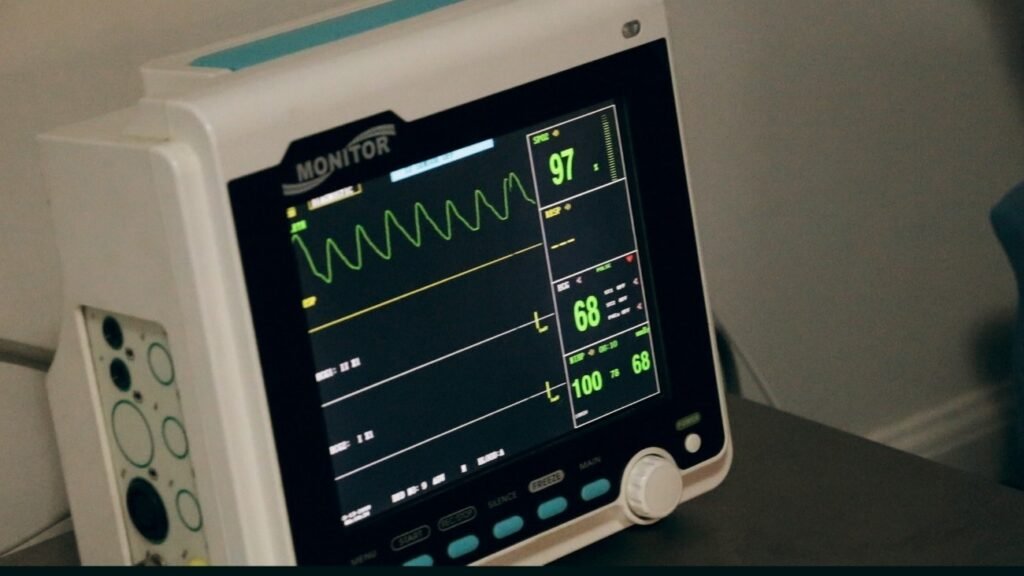Nicotine addiction is a widespread problem affecting millions of individuals worldwide. Quitting smoking can be extremely challenging due to the addictive nature of nicotine and the physical and psychological dependence it creates.
While various treatment options exist, such as behavioral therapies and medications, researchers have been exploring alternative approaches to help individuals overcome nicotine addiction.
One such approach gaining attention is the use of ibogaine treatments for nicotine addiction, a psychoactive alkaloid derived from the Tabernanthe Iboga shrub.
However, on their own or with the help of conventional therapy, millions of people have made numerous unsuccessful attempts to stop smoking, putting it as one of the most widespread and addictive habits alongside alcohol. But can an ibogaine treatment for nicotine addiction really help individuals to quit smoking?
Why is Nicotine so Addictive?
Cigarettes are addictive primarily due to the physiological effects of nicotine. Nicotine, a highly addictive substance found in tobacco, enters the brain quickly when smoking, providing a temporary feeling of relaxation and stress reduction.
However, these sensations are short-lived, leading to cravings for another cigarette as the body processes the nicotine. The withdrawal symptoms and the desire to recreate the pleasurable buzz further intensify the cravings. Over time, tolerance to nicotine develops, requiring individuals to smoke more to achieve the same effects and avoid withdrawal symptoms.
Quitting nicotine can be challenging and frequently necessitate multiple attempts due to the cycle of addiction. Adding to the difficulty of quitting is the affordability, legality, and widespread availability of cigarettes.
Tobacco companies are aware that nicotine addiction drives their sales, and they have taken deliberate actions to increase the addictiveness of their products. Modern cigarettes deliver nicotine faster and contain chemicals and additives that enhance their addictive properties. This intentional manipulation of nicotine content and product design contributes to the cycle of addiction, making it harder for individuals to quit.
Breaking free from nicotine addiction can be a daunting task for many individuals. It requires determination, support, and often multiple attempts. Recognizing the powerful grip of nicotine and understanding the tactics used by tobacco companies can empower individuals to make informed decisions and seek the necessary support to overcome their addiction.
It is crucial to remember that while the addictive nature of cigarettes is strong, it is not insurmountable, and there are resources available to help individuals on their journey to a smoke-free life.
Withdrawal Symptoms and Social Anxiety

Quitting smoking can cause intense levels of anxiety because nicotine has a real impact on how you feel under stress. It can be difficult to come up with new stress-reduction strategies. This is especially true if you have developed the habit of lighting up whenever you experience stress, sadness, or anxiety.
Whatever its cause, stress is a normal part of life. Stress can lead you to search for a quick fix, regardless of where it comes from—your relationships, your job, your responsibilities at home, or even just your way of life. Smoking is a common means of escape for many people. When it’s gone, even though the issues are unchanged, they seem much worse.
Intense social rituals also develop in the life of a smoker. Many smokers confuse the physical pleasure that nicotine provides with the various social rituals of getting, holding, lighting, and smoking cigarettes. As a result, cravings for cigarettes can feel much stronger.
The Benefits of an Ibogaine Treatment for Nicotine Addiction

Ibogaine is a naturally occurring alkaloid extracted from the root bark of the West African shrub Tabernanthe Iboga, native to Gabon and the Congo region.
Though traditionally used by the Bwiti tribes of Gabon for centuries, for ceremonial and spiritual purposes, it has gained traction in Western civilization as a powerful addiction interrupter and a tool for reconnecting with one’s authentic self.
Neurologically speaking, ibogaine “resets” the brain and brings patients back to a pre-addicted state while greatly minimizing withdrawal symptoms, as well as subsequent cravings.
Ibogaine treatment for nicotine addiction is a type of interruption therapy that causes dream-like visions while the patient is still awake. During their visions, patients can relive significant life moments in illuminating ways and examine how those moments, along with other factors, contributed to their own addictive behaviours and coping strategies.
Ibogaine treatment for nicotine addiction “resets” the brain to a pre-addicted state by effectively interrupting active addiction in substance abuse disorders, according to research like that carried out by experts.
However, ibogaine is not a magic cure. While it can eliminate withdrawals and minimize cravings, it cannot do the work for you. The integration of new, holistic practices such as yoga, breathwork, and mindfulness to create a strong recovery plan will go the extra mile towards not going back to smoking again.
Is Ibogaine Safe as a Treatment for Nicotine Addiction?

The potential of ibogaine treatment for nicotine addiction as a mainstream treatment is promising, but further research is necessary to establish its safety and efficacy.
Ongoing studies aim to gather more scientific evidence and address concerns regarding its use. Such concerns are potential cardiac complications, which is why we here at Ibogaine Treatment UK (Iboga Root Sanctuary) demand comprehensive blood panel tests and ECG screenings even prior to admission.
Additionally, we have a fully trained medical team on-site that oversees each ibogaine treatment for nicotine addiction from beginning to end.
Integrating ibogaine treatment for nicotine addiction into comprehensive addiction treatment programs that combine behavioral therapies and other evidence-based approaches may enhance the overall success rates of smoking cessation.
In conclusion, choosing to undergo an ibogaine treatment for nicotine addiction holds considerable promise. Its unique mechanism of action and reported benefits in reducing cravings and withdrawal symptoms provide hope for individuals struggling to quit smoking. This, in conjunction with sustained holistic practices, will enable you to enjoy a healthier life, free from the chains of addiction. However, as we do here at Ibogaine Treatment UK (Iboga Root Sanctuary), it is essential to approach any ibogaine treatment with caution due to potential risks.

